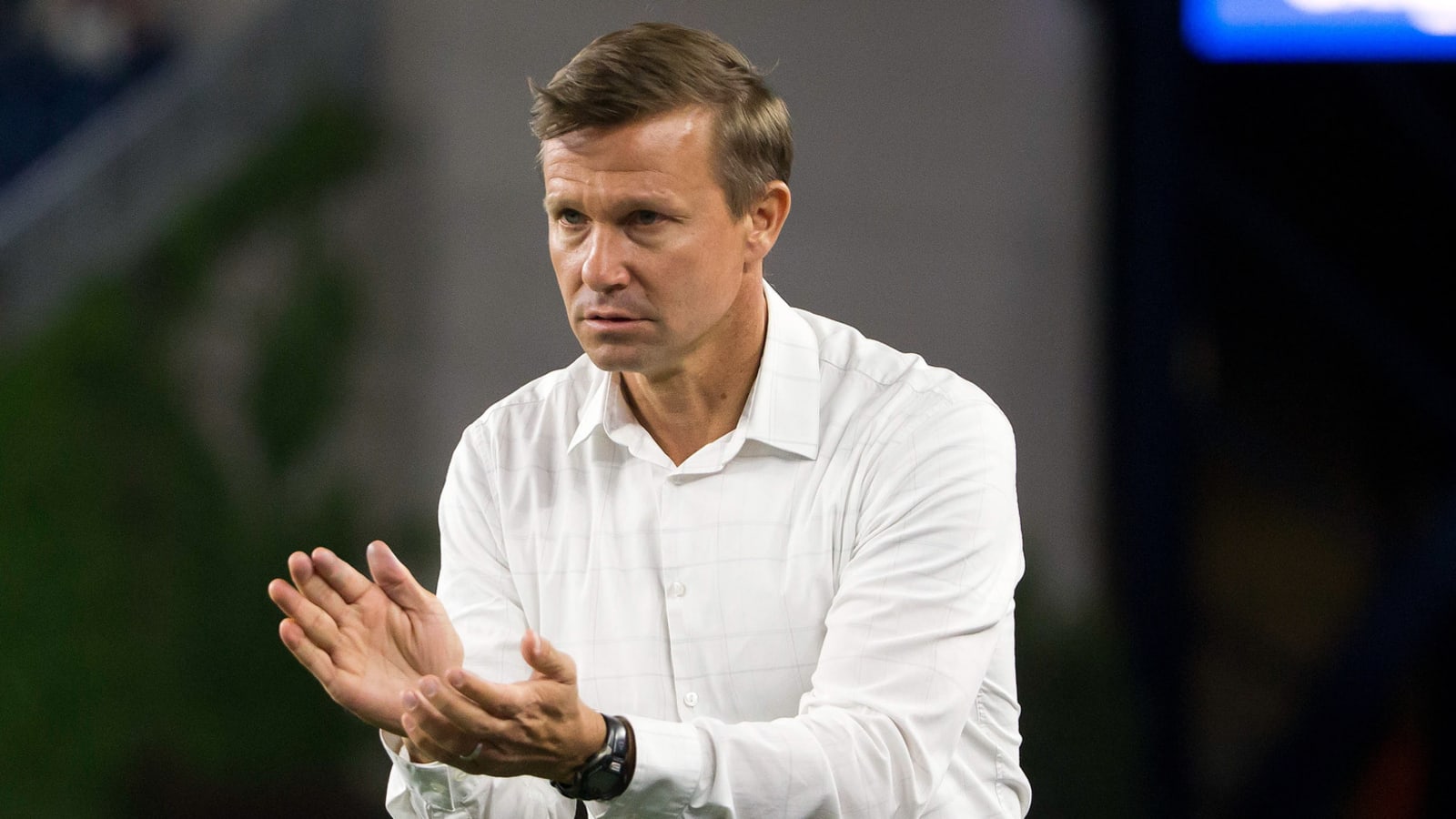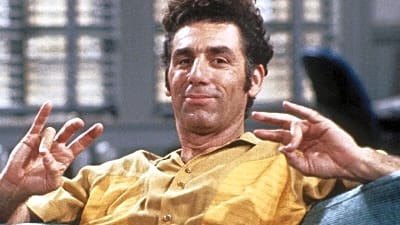
Canada's Copa fairytale is over, but its CONCACAF challenge is just beginning
Argentina beat Canada 2-0 in New Jersey to seal its place in the Copa America final and eliminate the Canadians from the tournament.
ARGENTINA IS GOING BACK TO THE COPA AMÉRICA FINAL pic.twitter.com/fSSLc3Q954
— FOX Soccer (@FOXSoccer) July 10, 2024
It was the second meeting of the two teams this summer; they played out a similar 2-0 result in the opening game of the tournament back in June.
Canada became the Cinderella story of the Copa America when it sneaked out of a group featuring Argentina, Chile and Peru. From there, it faced Venezuela — the most impressive team in the tournament's group stage — and beat it on penalties.
Canada made history after advancing in penalties
— FOX Soccer (@FOXSoccer) July 6, 2024
Watch all TWELVE penalty kicks from the Canada-Venezuela shootout ⬇️ pic.twitter.com/6RF5pzd3Vt
Canada started well against Argentina, with Nashville SC striker Jacob Shaffelburg looking particularly dangerous on the left flank. But the team soon grew tired in the New Jersey heat and became sloppy on defense. Julian Alvarez found the back of the net in the 23rd minute; Lionel Messi scored his first goal of the tournament in the 51st.
THERE IT IS FOR MESSI
— FOX Soccer (@FOXSoccer) July 10, 2024
After review the goal is confirmed and Argentina takes a 2-0 lead pic.twitter.com/WBFJnQTtiX
Canada's semifinal elimination will sting, but its path to get there should be studied by other CONCACAF nations — particularly the United States. Instead of relying upon conservative, defensive tactics, Canada — under the watchful eye of American coach Jesse Marsch — experimented wildly to get the most out of its players.
Take goalkeeper Maxime Crepeau, who excels at ball distribution and loves to spark attacks from his vantage point at the back of the field. Marsch encouraged Crepeau to roam far away from his goal in order to better press the Canadian team forward. This tactic worked 90% of the time, and Canada was able to push forward quickly on the break to threaten its opponents. Occasionally, though, Crepeau would be caught — as he was by Salomon Rondon in the quarterfinal against Venezuela.
VENEZUELA WITH AN UNREAL GOAL TO LEVEL THE SCORE pic.twitter.com/V17zWlgJV0
— FOX Soccer (@FOXSoccer) July 6, 2024
But Marsch wasn't bothered by Crepeau's mistake.
"In front of the team, I took responsibility for the goal we gave Venezuela because I'm challenging Max [Crepeau] to be very aggressive off his line," Marsch said, via Canadian Soccer Daily's Tom Nightingale. Crepeau clearly felt Marsch's support there: He continued to stray off his line in the semifinal and didn't seem worried about the consequences.
The rest of the Canadian lineup wasn't afraid of experimenting, either. Under Marsch's direction, it pushed hard toward the opposition half every time it got the ball, refusing to be intimidated by the teams it played. It put up some of the strongest possession stats of the tournament — it averaged 94 possession sequences per game prior to the semifinal, the second best in the Copa — and was easily the fastest team of all. While the Canadians struggled to convert those possessions into goals, they were clearly fired up and inspired by their unorthodox, aggressive approach.
The rest of CONCACAF should be sitting up and taking notice of Canada's fearless approach. In a world where conservative tactics simply don't work against physical, tough teams like Panama and Uruguay, Canada's experimental mindset is the clear path forward. It didn't win Canada the Copa, but it may well push Canada to the upper echelon of North American soccer...and in doing so, it will unseat an existing power like the U. S. or Mexico in the process.
The Copa America final will take place on Sunday, July 14 at 8 p.m. ET in Miami. Canada will play in the Copa's third-place match on Saturday, July 13 at 8 p.m. ET in Charlotte, North Carolina.
More must-reads:
- Watch: Lionel Messi scores his first goal of Copa America 2024, Argentina advances to final
- The 25 greatest soccer players to hail from the United States
- The 'FIFA World Cup Golden Boot winners' quiz
Breaking News
Trending News
Customize Your Newsletter
 +
+
Get the latest news and rumors, customized to your favorite sports and teams. Emailed daily. Always free!







